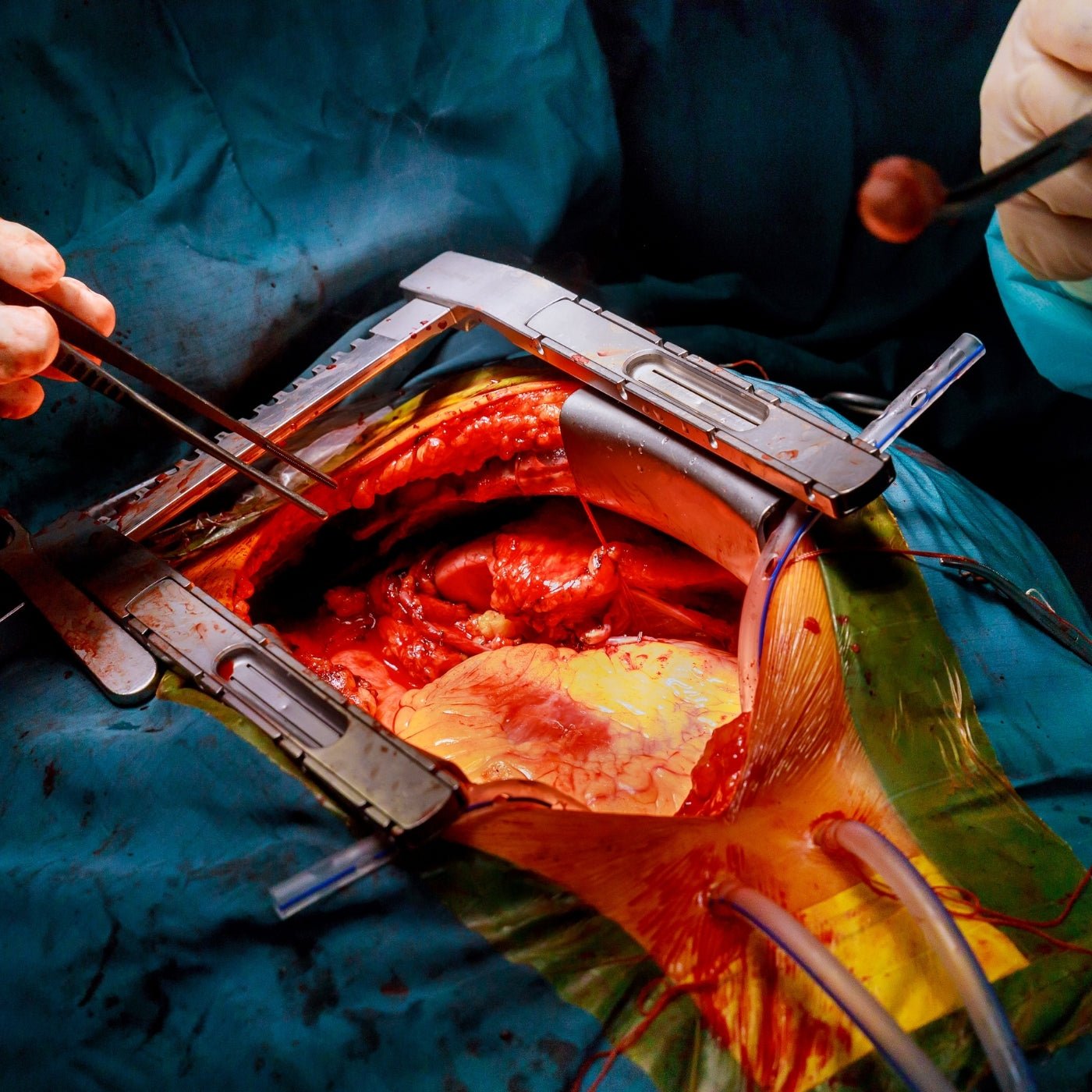Heart Transplantation
The area of organ transplantation has progressed significantly over the last few decades,
Yes, you can get a new heart and live for many more years!
So, What is heart transplantation?
It is a surgical transplant procedure to replace a failing heart with a healthier donor heart.
or severe coronary artery disease when other medical or surgical treatments have failed
Heart transplant rates have been growing exponentially.
And there are more people on the waiting list now than is the organ availability.
About 3,500 heart transplants were performed in the U.S. in 2019.
Heart transplants are among the most complicated procedures.
When was heart transplantation invented?
Christiaan Barnard, who was born in 1922, established a successful open-heart surgery program, and with his team,
performed the world's first human-to-human heart transplant operation on 3 December 1967
Although the first heart transplant patient survived only 18 days,
And four of the first 10 patients survived for more than one year,
two living for 13 and 23 years respectively.
This relative success amid many failures worldwide did much
to generate guarded optimism that heart transplantation would eventually become a viable therapeutic option.
From 1968 to 1983, Chris Barnard and his team continued to make significant contributions to organ transplantation, notably the development of heterotopic heart transplants.
Today, heart transplantation has become a relatively routine and commonplace procedure.
In general, the indication of elective heart transplantation:
End-stage heart failure, patients who have disabling symptoms requiring mechanical circulatory support and inotropic support despite optimal medical management
non compensated heart failure affecting the quality of life
Urgent referral for a heart transplant is indicated in some cases
Refractory cardiogenic shock despite maxed out inotropes
persistent requirement of mechanical circulatory support
contre indications for a heart transplant
Unfortunately, many patients with advanced heart failure who meet the indications for a heart transplant may not be able to get it as they have one of the following contraindications :
active infection
chronic liver disease
other severe medical conditions that compromise the quality of life despite a usually functional heart
There is a limited supply of heart donors, so the criteria are relatively strict.
How is the surgery performed?
The key equipment needed is a well-preserved donor heart and an eligible recipient.
Ideally, a donated heart has only 4-6 hours to be transplanted
Cardiopulmonary bypass is required during the procedure.
The whole surgery is carried under general anesthesia.
How long does a heart transplantation surgery take?
A heart transplant surgery procedure takes approximately four hours.
During the procedure, the patient is aided by a heart-lung machine for blood circulation throughout the body.
What is the survival rate for heart transplant patients?
Approximately 85-90% of heart transplant patients live up to one year after their surgery.
With improvements in medications suppressing the immune system and preventing all kinds of infection, the survival rate among heart transplant patients has increased.
The annual death rate after one year is 4%.
Both early and late complications can fail heart transplants.
Hence, careful supervision is needed in the immediate post-operative period as well as years after transplant.
An integrated interprofessional team is involved in the process, starts with the first check-up and continues with post-operative follow-ups.
A cardiologist, cardiothoracic surgeon, trained nursing staff, and pharmacist well trained with titration and side effects of immunosuppressants can significantly improve heart transplantation outcomes.
Risks of heart transplant
Besides the risks of having open-heart surgery, which include bleeding, infection, and blood clots, risks of a heart transplant include :
Rejection of the donor's heart
Primary graft failure
Medication side effects
The immunosuppressants the patient takes for the rest of their life can cause severe kidney damage and other problems.
This group of medications decreases the chances of a donor's heart rejection by the immune system.
Immunosuppressants decrease the ability to fight infection.
and can also increase the risk of developing cancer
How much does cardiac transplantation cost?
Have you ever thought about how much this surgery costs, even though the heart is taken from a dead person and therefore typically free of cost?
A heart transplant is one of the most expensive types of surgeries.
It costs approximately $1,500,000 USD for one operation
But of course, this price varies from place to place.
Subscribe to our YouTube channel To learn more details about the indications, contraindications, and preparation for heart transplant surgery in our upcoming videos

